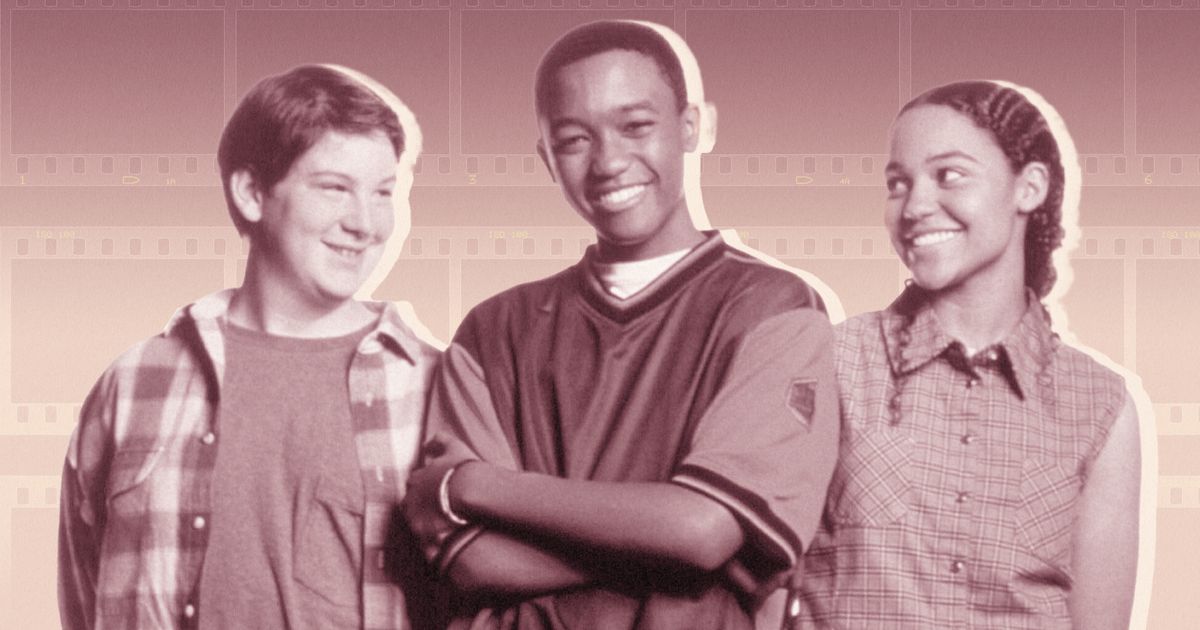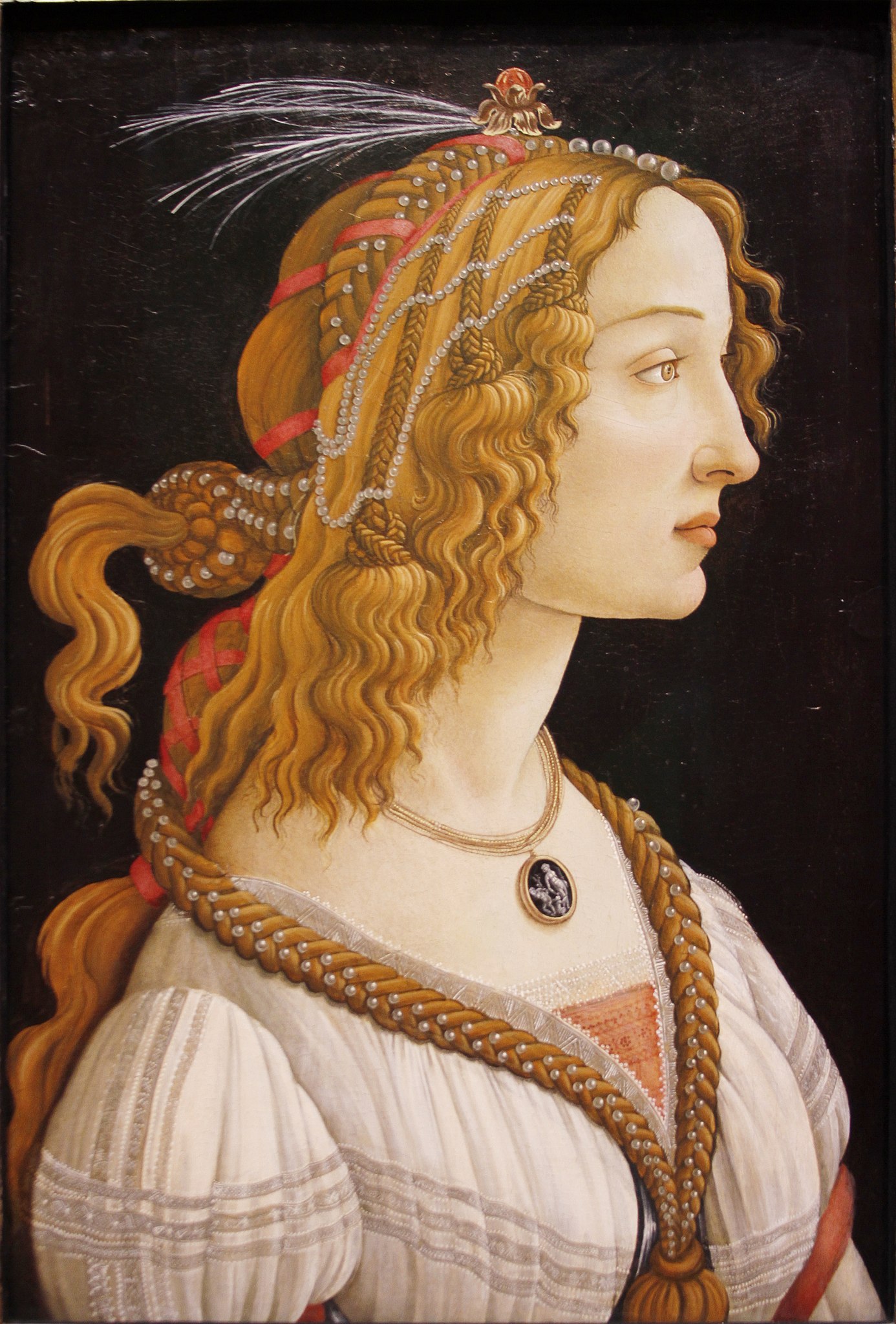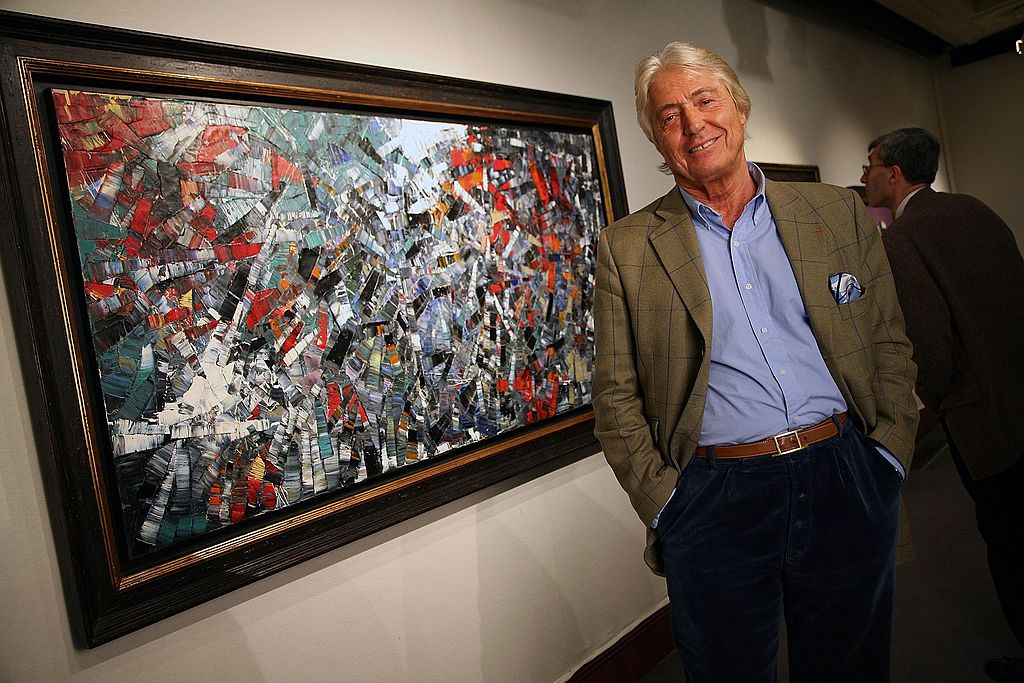The Disney Channel was one of three parents raising me when I was 8 years old. In the late and un-streamable ’90s, “The Famous Jett Jackson” was always a darling favorite of mine on the much-loved kids’ network.
I don’t think I realized just how integral the landmark comedy about a fictional spy was to my own story until a few weeks ago, when Fracaswell Hyman, the unsung and phenomenal scribe who brought Jett to Disney, was gracious enough to let me pester him for an hour and help me celebrate the show’s 25th anniversary. Hyman warmly reflected on the genesis of Jett and what it was like to run a show for the first time, and stirred up inspiration in me as a budding TV writer. It also helped me realize I needed to take this exemplary model of grounded, fun television from my past and start putting its teachings into practice with the kind of shows I would like to make.
“The Famous Jett Jackson” kicked off its pilot episode in Los Angeles in 1998, where titular character Jett, played by the late Lee Thompson Young, starred in a wildly successful show-within-a-show called “Silverstone,” an espionage series nestled in between “Alias” and “Spy Kids.” Feeling homesick and coveting a healthier bridge between being a celebrity and being a kid, Jett convinces the network to relocate production for “Silverstone” to North Carolina, in his fictional hometown of Wilsted. Though the move brings both a slew of jobs and a rise in profile to the neighborhood, Jett quickly finds difficulty in enduring rose-colored perceptions among some peers and jealousy over his fame from others, leading him to regret his choice and prepare to flee back to LA. After local sheriff Woodrick Jackson, Jett’s tough but loving father played by Gordon Greene, encourages his son to reexamine what he thinks being a teenager should look like, Jett eventually decides to stay put.
Michael Caulfield Archive via Getty Images
I have visceral memories of eating up Disney’s promo campaign before the series premiered. This kid in the commercials who was about to be in my living room on Friday afternoons looked so much like me, at a time when so many other tots top-lining children’s shows were white kids. Jett was Black, he was funny, and he was using frequency jammers hidden in keychains to save the world. It was like locking eyes with the mysterious new kid in third grade, deciding they’re cool and drafting the ironclad agreement that stated you were about to become the best of friends. Once Jett finally premiered, my mom tried her best to put 6 feet between her bratty child (who now needs glasses to see, so maybe she was onto something) and her television. But all attempts were futile. I had to be right in front of the screen after school that October afternoon. Maybe a part of me believed being glued to our little Toshiba was as tethered to these larger worlds as I would ever be.
I didn’t know that what I was consuming was the product of a massive crew and talent doing tough but incredible work. I didn’t know what a script was. I didn’t realize that television has architects behind it, writing everything into being. Hyman credits getting recognized during a family visit through his work on the PBS series “Ghostwriter” for giving him the inspiration to conceive Jett.
“I’d taken a rental car from the airport in North Carolina on my way to visit my mom and there were all these Black people I didn’t know on their porches waving at me! So I waved back,” Hyman said. “I thought, wouldn’t it be funny if there was a Black kid [like Jamal from “Ghostwriter”] who was raised in a small town but he’s a famous star and everybody knows him … wouldn’t his life be interesting? That was the kernel for Jett Jackson.”
I haven’t been staffed yet on a TV show — to any showrunners reading this, I’m not above an apple fritter bribe to sway you — but I’ve had plenty of administrative roles in television and film. Between delivering and going over contracts with talent, printing off scripts, grabbing lunch for large amounts of crew and so many other chaotic tasks, I learned a lot about how various departments of production feed and rely on each other to stay the course. What I didn’t have an understanding of were the quiet compromises showrunners wrestle with throughout production and the discernment it takes to know when to pick your battles and what it might cost you if you don’t speak up.
“This kid in the commercials who was about to be in my living room on Friday afternoons looked so much like me, at a time when so many other tots toplining children’s shows were white kids.”
Jett’s mother, Jules Jackson, depicted beautifully by Melanie Nicholls-King, is the primary parent for Jett when we meet him in the pilot. She’s an actress herself who protects her young son from the scary pressures of Hollywood while he works. When it came time to cast Jules, Hyman wanted to be intentional and true to his upbringing about who this woman should be.
“When we were auditioning, it came down to Melanie and another actress who was very light-skinned and wore a lot of long weave,” Hyman said. “During a production meeting, they said they wanted the other woman because she looked like a movie star. I said, ‘Why doesn’t Melanie look like a movie star to you ― because she has dreads and dark skin? Maybe this is how we start to better establish what a movie star could look like.’”
The testimony he shared made me consider battles I’m likely to face once I’m further along in my career. What will be a non-starter for me versus what I’ll consider negotiable. I was proud to learn, though, that Hyman has never wavered in this inclusive fight. He is currently head writer for the upcoming PBS series “Lyla In The Loop” and made sure his staff is diverse, including some writers from Korea and India.
Hyman also shared memories of train commutes spent devouring books about the business of television in an effort to remedy his imposter syndrome and have strong answers ready for questions when he’d be on set or in his writers’ room. There wasn’t always someone around to provide mentorship and help him feel better equipped to manage some of the egos, dismissals of culture and other challenges a Black showrunner grapples with. He persevered anyway, doing it with grace and style.
I have self-doubts all the time about my work. But with veterans like Hyman among my many cheerleaders, I feel better positioned to advance in this industry not just as a television writer but to perhaps pivot later on as an executive in development. Maybe then I’ll have a bit of agency in making sure there’s at least one 8-year-old out there being given an impactful story the way Jett Jackson’s story was a gift for me.
Before he signed off, Fracaswell gushed about how he found sweet Lee (my first bridal magazine-level crush) and the consummate professional he was on set from day one.
“We were auditioning for months to find Jett,” he said. “I’d seen a kid on a Robitussin commercial and I was like, that guy’s perfect! I called our casting director and she’d taped his audition the day before I saw the commercial. It was just meant to be. His professionalism spread through the rest of the cast. He was a great young man.”
I count myself among so many Black rugrats who found mirrors through Lee’s performance. Young continues to be missed and until they acquiesce, I won’t stop taking Disney+ to task on Twitter for not throwing the network’s first Black-led series onto their slate. It’s what these new and shinier rugrats deserve.



